Ecclesiastes, Part 2: Vanity and Deliverance

Ecclesiastes, Part 2: Vanity and Deliverance
Presenting the opening chapters of Ecclesiastes, we showed how this work was attributed to King Solomon from the earliest times, and also how it accords very well with the life of Solomon, once we realize that it must have been written in the later part of his life. Only in the life of Solomon do we find someone who could have had the experiences of this writer, who called himself the Preacher but who also claimed to be a son of David and king over all Israel. Then in addition to these assertions, there is also the confession of an abundantly opulent lifestyle which the historical Scriptures describe for us in the life of Solomon. Writing this book, the Preacher is now reflecting back on that life and assessing its value.
Ecclesiastes was written to lament the plight of man, that none of the works of man seem to be of any benefit to him at the end of his life, because he must leave the fruits of them to others. Realizing this, the Preacher turned to mirth and decadence, but neither did he find any satisfaction in those things. Making our own assessment of his words, we explained that the Preacher had purposely employed skepticism as a teaching method throughout his discourse. All is vanity, he proclaimed, but what he really meant to say is that all is vanity without God, something which is further revealed to us as we make our way through these subsequent chapters of his work.

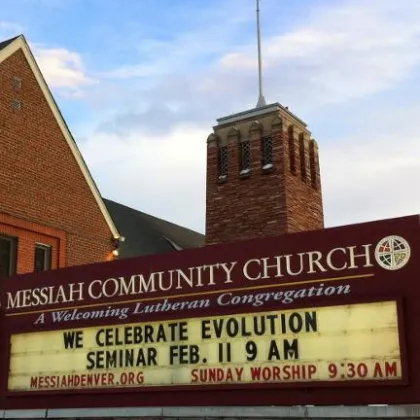
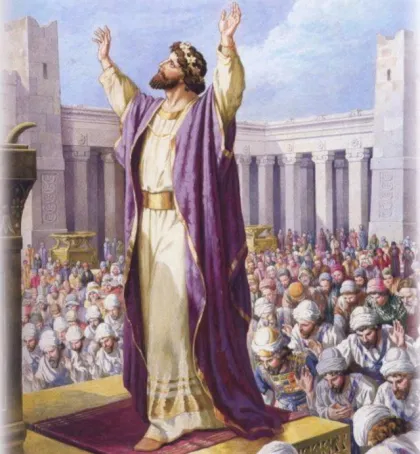
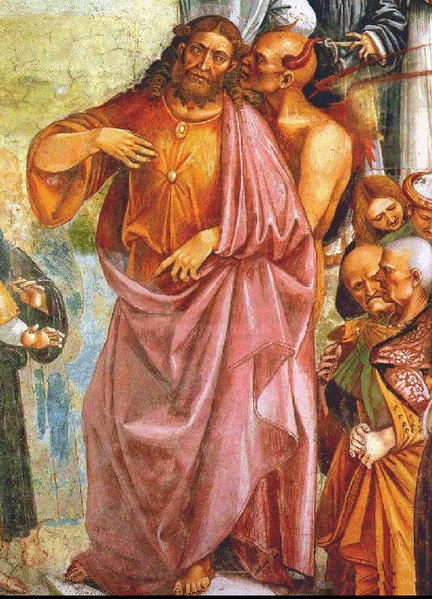
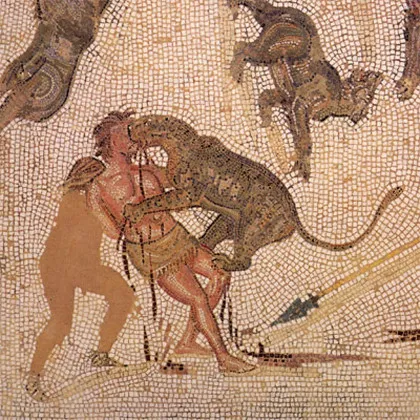
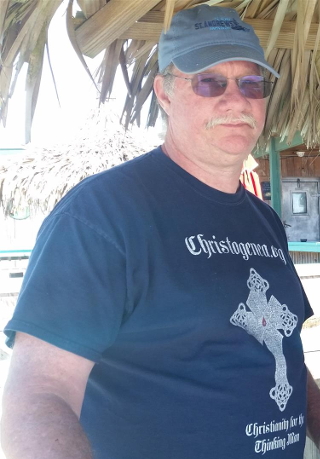 Sven Longshanks Interviews William Finck, for Radio Aryan, Monday, December 18th 2017. This was a rather impromptu introductory interview I had been promising Sven for months, and he finally cornered me.
Sven Longshanks Interviews William Finck, for Radio Aryan, Monday, December 18th 2017. This was a rather impromptu introductory interview I had been promising Sven for months, and he finally cornered me.
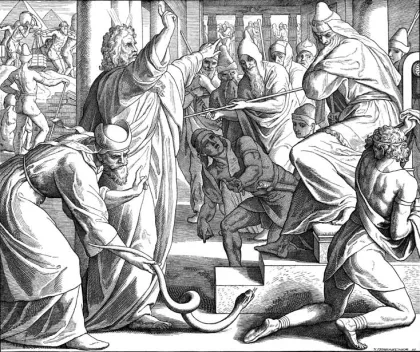 Aside from the first three presentations of this epistle, perhaps last Saturday’s program,
Aside from the first three presentations of this epistle, perhaps last Saturday’s program, 
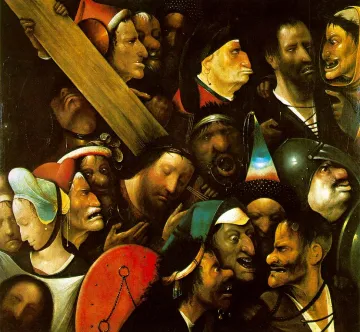 Special Notices to All Who Deny Two-Seedline, Part 24
Special Notices to All Who Deny Two-Seedline, Part 24
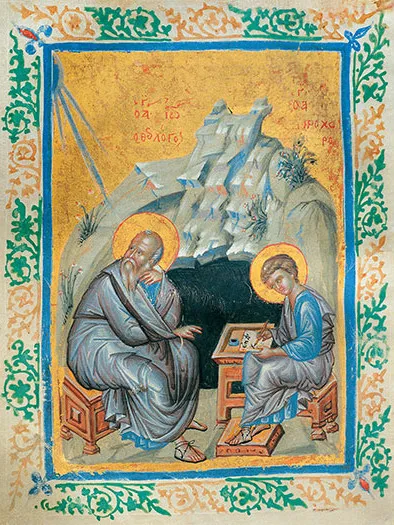

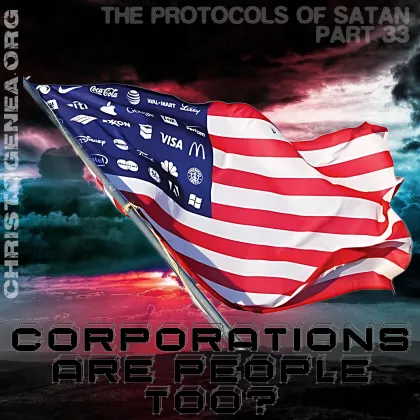
 Paul's Second Epistle to Timothy, Part 3: Rightly Dividing the Word of Truth
Paul's Second Epistle to Timothy, Part 3: Rightly Dividing the Word of Truth
 Special Notices to All Who Deny Two-Seedline, Part 22
Special Notices to All Who Deny Two-Seedline, Part 22
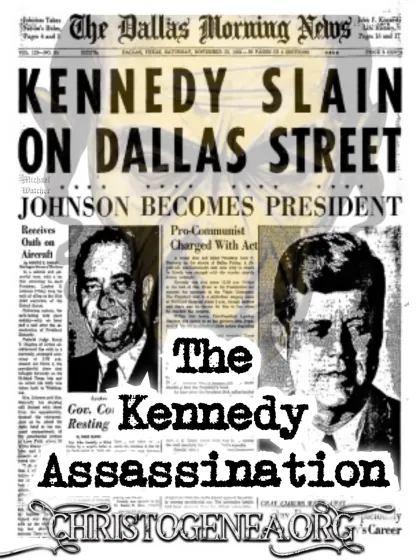
 Paul's Second Epistle to Timothy, Part 2: Rejecting the Religion of Fear
Paul's Second Epistle to Timothy, Part 2: Rejecting the Religion of Fear

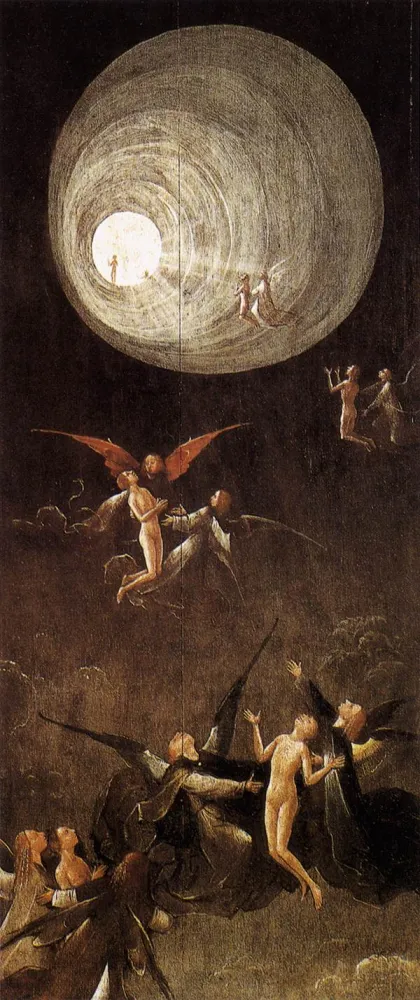

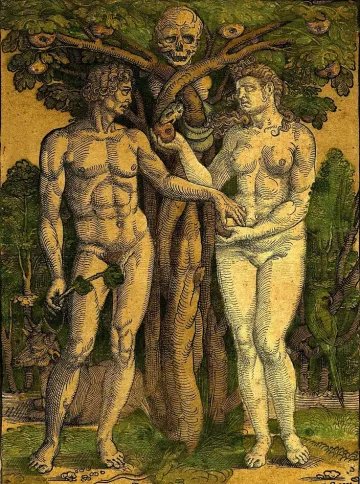




 Please click here for our mailing list sign-up page.
Please click here for our mailing list sign-up page.







